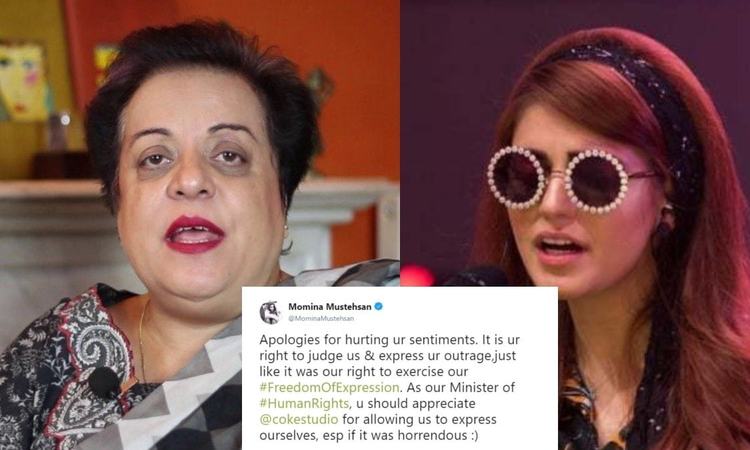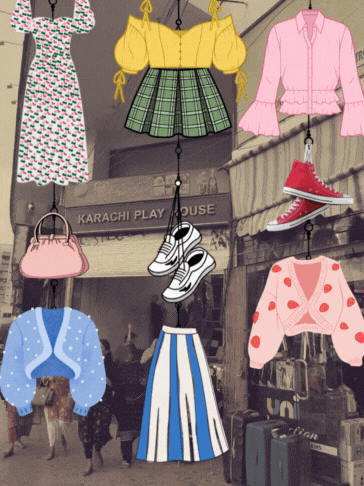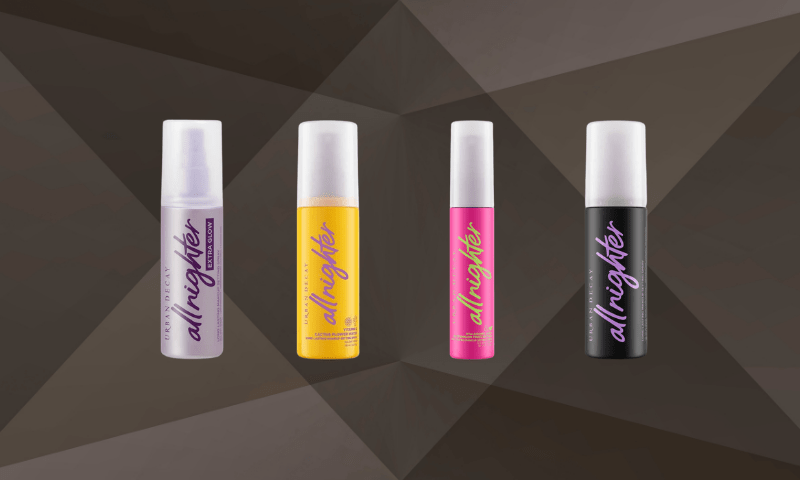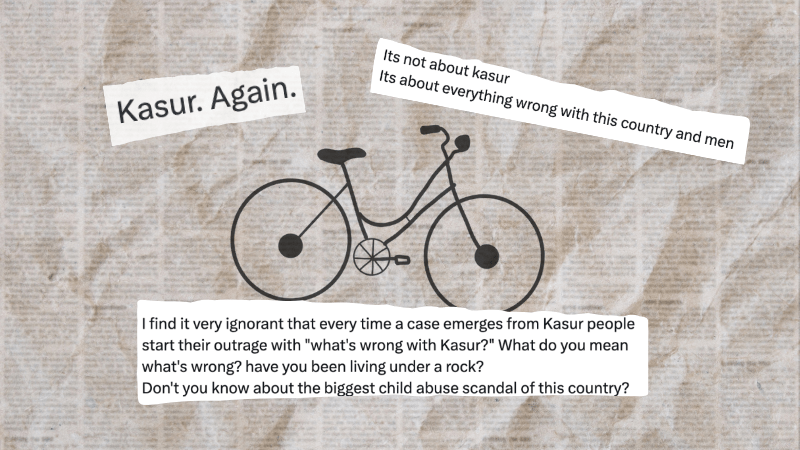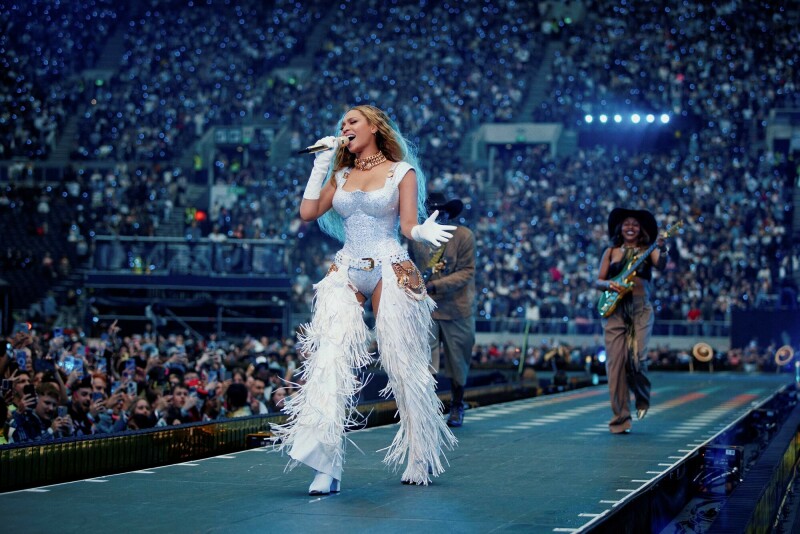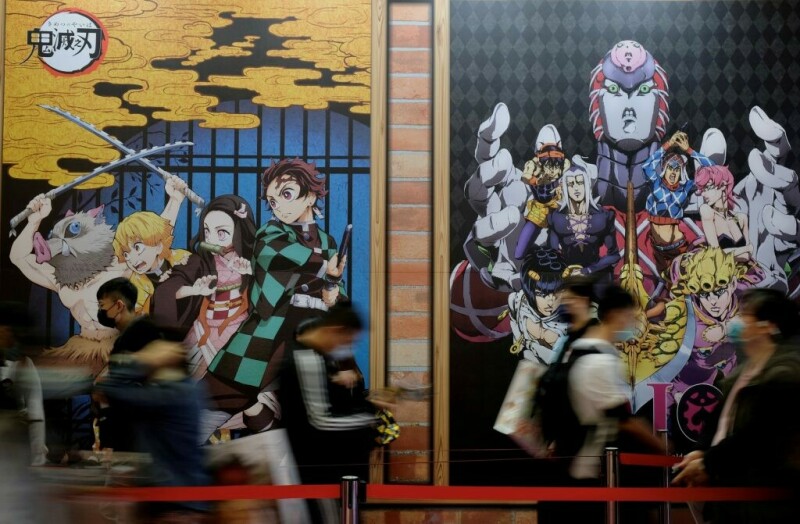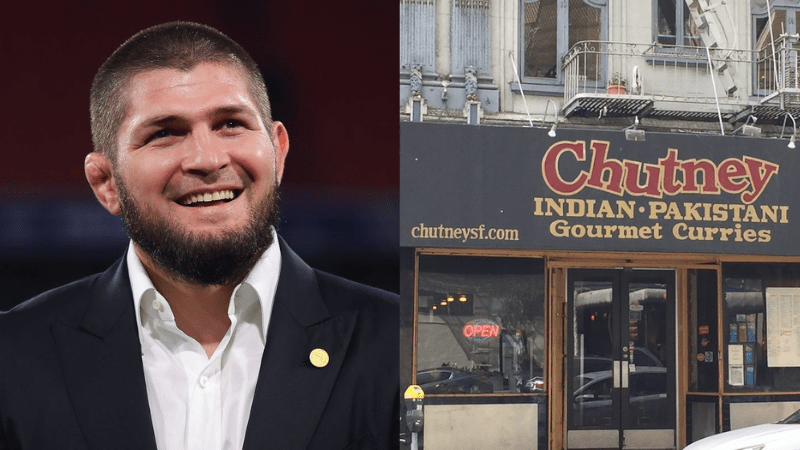I hear rumours that my career has benefitted from nepotism and it baffles me: Asim Azhar
A wall in Asim Azhar’s home immediately catches the eye. It is covered completely with framed images of milestones in his life.
They go all the way back to the kindergarten play in which he played a starring role before moving on to the concerts, fashion show appearances and Coke Studio (CS) trysts that have defined his short but successful career.
Inevitably, it is this wall that starts off my conversation with Asim. “My mother made this wall for me. All I did was WhatsApp her images that I felt could be framed. I was going through a low phase when I was wondering what I had managed to achieve in life. My mother thought that I needed these images on my wall to serve as a reminder.”
For someone so young — Asim just turned 22 — he has a lot to be proud of. “Coke Studio, of course, is a great opportunity for any Pakistani musician,” he points at the images of that all-too-familiar red and black podium, “and singing on the Bridal Couture Week catwalk was always on my bucket list. It’s as close as we can get in Pakistan to a Victoria’s Secret show format!” he laughs.
“I was, until this year, the youngest singer to be featured on Coke Studio,” he says. His duet with Momina Mustehsan on Coke Studio 9, Tera Woh Pyar, crossed 100 million views on YouTube. “Also, I am the fourth Pakistani to hit this record.”
There are pictures of him with family and with Rahat Fateh Ali Khan, Bushra Ansari and Junaid Jamshed. There’s one of him at an awards show with Syra Shehroz. “She was my childhood crush and it was great to share the stage with her.” Considering that Syra’s hardly old, this is just a testament to how young Asim is!
There are also plenty of images of him in concerts, his hand outstretched, leaning from the stage to touch fingers with a sea of fans. It’s very rock star-like — in fact, in the initial years of his career, Asim was infamously often referred to as Pakistan’s Justin Bieber. His career has grown since then and shedding off Bieber’s shadow, he is now simply Asim Azhar, one amongst the small motley crew of Pakistan’s rock stars.

What’s impressive is that he’s paved his way all on his own. When he was 16, Asim jump-started his career via YouTube. He then slowly proceeded to build his portfolio, singing covers of popular Western songs, creating his own videos and simply floating them out on social media.
His official Facebook page initially only had about 2,000 followers. This fan-following has magnified over time and, in 2015, Asim got a call from Strings, inviting him to CS’s lofty platform. “I was, until this year, the youngest singer to be featured on Coke Studio,” Asim tells me. His duet with Momina Mustehsan in the ninth season of CS, Tera Woh Pyar, crossed 100 million views on YouTube. “Also, I am the fourth Pakistani to hit this record,” he continues.
It almost seems too easy, I tell him, like a fairytale where he just swooped in via the internet and attained instant stardom. “It wasn’t easy,” he corrects me.
“I sometimes hear the rumour that my career has benefitted from nepotism. It baffles me because both my parents are simple, hardworking people. My father’s been a musician for the past 50 years and is the most low-profile man, while my mother has only recently become established as a TV artist. They are no channel owners or people with massive political connections. I have put in a lot of hard work into my career. For about three years, I was just spending money on music that I would put out on the net and earn nothing back from it. And yes, I managed to get popular with a niche, mostly female, crowd but there were many more people who hated me and they were very vocal about it.”
Two sides to the social media coin

This hate was channelled against him via social media’s all-pervasive, very convenient platforms. “Twitter made my life hell at the time,” he recalls. “I could understand if someone had different tastes and didn’t enjoy my music but the attacks were often so personal, slamming everything from the way I looked to the way I dressed. I was only 16 at the time and often it would be really difficult to handle the hatred. Fortunately, I didn’t let it get me down and kept working.
“It helped that, amidst all the hatred, sometimes good things would happen. In 2013, I sang the cover of an Ed Sheeran song and a BBC commentator Nihal Arthanayake retweeted it, tagging Ed in the Tweet. Ed actually responded and said that it was amazing. I felt encouraged that, despite all my critics, if a musician of Ed Sheeran’s calibre liked my work then I must be doing something right.”
“I sometimes hear the rumour that my career has benefitted from nepotism. It baffles me because both my parents are simple, hardworking people,” says the young singer.
Asim’s social media accounts — Twitter, Instagram, Facebook, he’s on all of them — have continued to be quite star-studded. He recently wished Shah Rukh Khan a happy birthday and joked about singing for him and SRK quipped right back. His birthday, also, was quite the Insta-celebration with multiple stars and designers wishing him. In an industry rife with politics and one-upmanship, Asim seems to have somehow become everyone’s favourite. It’s ironic that while he may once have had been trolled on social media, the same platform now showers love upon him.
“Even I was surprised by the number of people who wished me,” he admits. “I feel really blessed and I hope that it lasts.”
Friends, foes and Ko Ko Korina
How did he manage to forge so many friendships in his short musical career? “I believe in sincerely standing by my friends. There are no grey areas with me, just black and white. That being said, I don’t have a lot of friends from the industry but I do have some that I value: Yasir Hussain, Feroze Khan, Asad Siddiqui and his wife Zara Noor Abbas and Momina Mustehsan are among them.”

And what about Iqra Aziz, I ask him. Rumours recently surfaced about him being involved with the petite actress when he posted a picture of the two of them together, accompanied by a romantic caption. The fact that the caption was accompanied by the hashtag #newsingle was ignored by most of his followers.
“Iqra and I get along very well,” he says. “She’s funny and sarcastic and I am the same way. But we’re just good friends. That picture was, despite the rumours that suggest otherwise, a glimpse from the shoot of my upcoming video.”
Also read: Ahad Raza Mir breaks hearts with his Coke Studio debut but not how you think
Since we were talking about his friends, I asked him his views on how his friend Momina Mustehsan was slammed for her recent rendition of Ko Ko Korina. “Momina is in this unique position where she’s gotten a lot of love from people,” he mulls. “The flipside to it is that when she does something that people don’t like, they get so incensed that they get brutal. It’s sad but that’s just the way we are.”
“Coke Studio is treated like a national treasure. Whenever a change has taken place, people have attacked it viciously,” adds Asim.
“Also, when it comes to Coke Studio, controversies like these have always happened,” he continues. “The show is treated like a national treasure. Whenever a change has taken place, people have attacked it viciously. They just feel that kind of ownership towards the show. I think that Ali Hamza and Zohaib Kazi [the show’s new producers] are very talented and they’re really going to shake things up and bring something different.”
The Ko Ko Korina social media vitriol has made every artist jittery, aware that they could be attacked too, at any time. Would Asim still want to be part of CS while the show goes through this rocky transitional phase, changing pace with new producers? “Of course,” he responds. “I have been part of the show during its highs and now that it may be going through a slightly rough patch, it still has my support. I still believe in Coke Studio.
Also read: Shireen Mazari doesn't like Ko Ko Korina and Momina Mustehsan's got something to say about it
“These are just tricky times. Anyone can be attacked on social media. You just have to be clever, be thick-skinned, stay true to your work and, above all, bring in something unique, something new. This is something that I was recently discussing with Shuja Haider. He is one of the very few music producers in Pakistan who has evolved with the changing times. I feel that I also have the knack to foresee what the latest trends will be and I’m able to grasp them. I was telling him that I hope we continue to have this perspective. It’s so easy to get complacent and feel that you have ‘arrived’ and, before you know it, you’re dressing the wrong way and making the wrong music and not even realising that times have changed. That’s scary.”
“It’s also important to not get over-obsessed with online image-building. If you allow yourself to think too much about it, your work, your art suffers.”
Does this mean that, like so many of his contemporaries, Asim no longer likes the internet? “No, I really like it. It is, after all, my platform.”

So, what’s next for Asim? Plenty, it turns out — and not just concerning his music. He had previously dabbled in acting with a small part in a drama on ARY and now he is in talks with director Wajahat Rauf for a role in a web series that is being produced in collaboration with an international organisation.
Music-wise, he’s building up cross-border dreams. “I have just signed a deal with Universal Music India and they will be releasing my music which will include a number of singles and a debut album.” While he does not say it, a deal with an Indian company will naturally result in greater mileage across the border, which may eventually lead him to that very lucrative platform of Bollywood playback singing.
“If an opportunity comes my way and my heart’s in it, I just agree to it,” he says. “It’s my dream to represent Pakistan internationally, with good quality work while simultaneously being able to provide well for my family. I have been lucky but life has also taught me not to have any expectations,” he adds.
“Very early in my career, I was supposed to perform in London’s Wembley Stadium and I was very excited about it. The plan fell through when I couldn’t get my visa on time. I was disappointed for an entire week after that. It taught me not to pin my hopes on any one thing. Now, even if I have recorded and wrapped up a song for [CS], I only take pleasure in it when I see it on TV!”
For someone so young, Asim certainly has learnt plenty of life lessons. So far, so good.
Originally published in Dawn, ICON, November 18th, 2018



